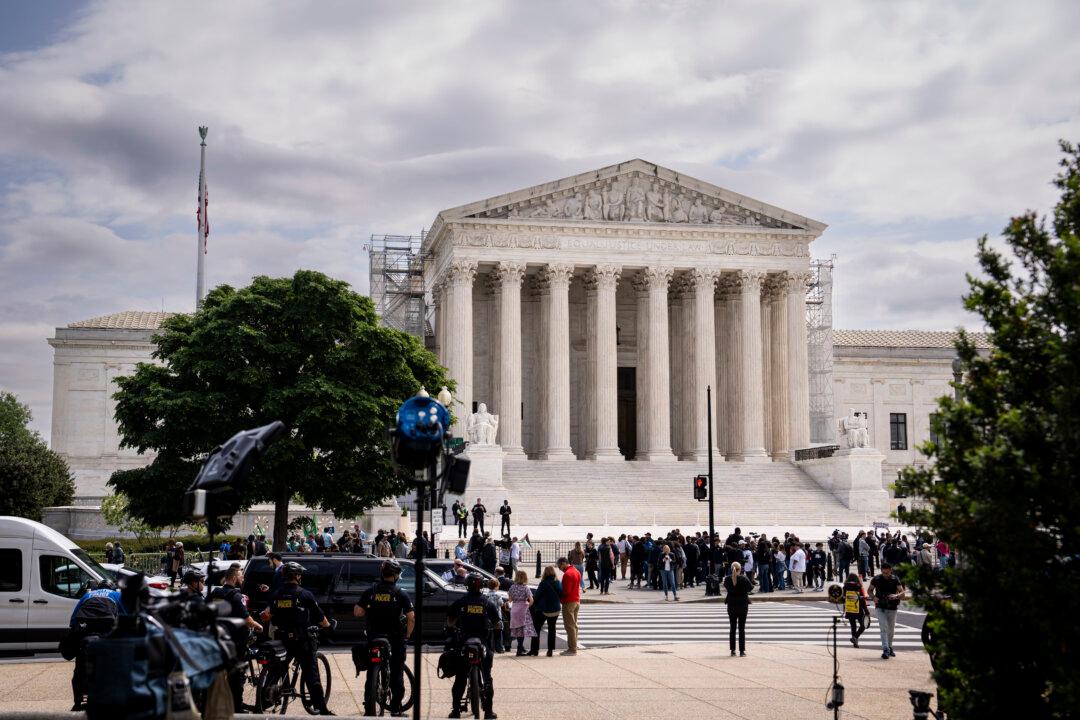Concerns about the purchase of U.S. agricultural land by the Chinese regime have grown in Congress and state capitals around the country. State legislators in Louisiana are some of the latest to confront the issue.
The new bill, sponsored by state Rep. Mike Echols, has been approved by the state House’s Committee on Agriculture, Forestry, Aquaculture, and Rural Development and will be introduced to the Senate. With Republican Gov. Jeff Landry at the helm of the Pelican State, Mr. Echols told The Epoch Times that he expects the bill to “make it to the finish line.”
“It keeps a foreign adversary from buying up our land, protecting our food supply,” he said. “Louisiana is a very agricultural economy, and it has to be protected from bad actors like [China].”
“China has dramatic food needs, and while I have no problem with having trade agreements and selling our goods to them, I do not want a hostile foreign nation controlling our food supply without meeting the needs of our state first.”
Chris Holton, a senior analyst at the Center for Security Policy, a conservative think tank, agreed with Mr. Echols, saying that “the Chinese regime, in particular, is a hostile power and cannot be trusted.”
“There’s a problem with them owning anything in [the United States],” Mr. Holton told The Epoch Times.
Chinese-owned companies are ultimately susceptible to control by the Chinese Communist Party (CCP) or its military wing, the People’s Liberation Army (PLA), he said.
“So, when you’re doing business with a Chinese company, understand that you’re doing business with either the CCP or the PLA, and in some cases, both,” Mr. Holton said.
Regarding agriculture, he fears what the regime could do in the United States.
“If a foreign power like China had control of agricultural land in Louisiana,” Mr. Holton said, “they could choose to take that land out of production and drastically reduce food production in the state.”
Because it’s not only a state issue but also a broader concern, he suggested that his bill could be “a national model” for other states considering similar legislation.
“Food security is not just a concern for Louisiana; it’s a nationwide concern,” Mr. Holton said.
Having reviewed many similar bills meant to restrict the Chinese regime from purchasing U.S. agricultural land, he said that “Louisiana’s bill is one of the most complete, as it also provides a number of enforcement provisions and remedies.”
For example, a prohibited foreign actor could be subject to a $50,000 civil penalty and forfeiture of agricultural land for violating bill provisions, according to Mr. Holton. Any civil penalty collected could also be used to offset the costs associated with enforcing the bill, he said.
“I’m not saying that China is the largest foreign landowner in this country,” Mr. Holton said. “The rate of growth is substantial, and it is quite clear they have targeted agriculture land in the United States for acquisition.”
“Considering how China routine steals intellectual property, provides the precursors for fentanyl that’s killing Americans, and lies about how the COVID-19 virus was introduced to the world, allowing them to own anything in this country, quite frankly, makes no sense at all.”



